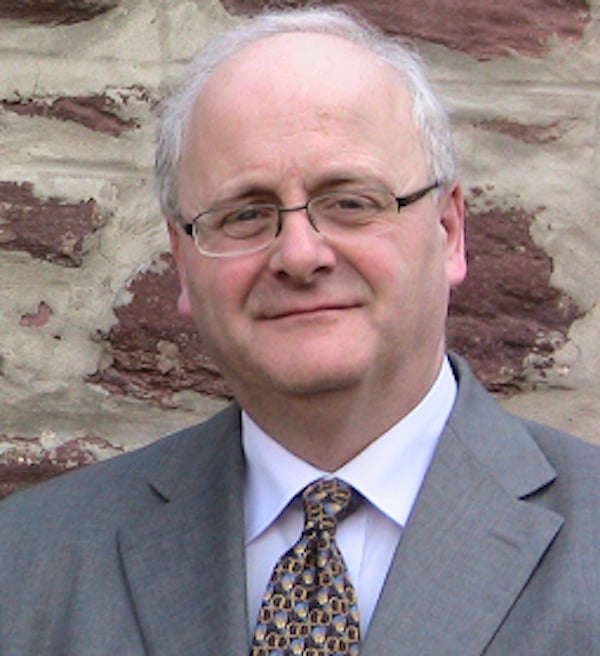Earlier this week Dr. John Webster, professor of divinity at St. Andrews University, died. For the next few days, we will be publishing pieces by friends, former students, and appreciative readers of Webster explaining what they learned about God from this marvelous theologian. I posted this on Facebook last night, but I’m going to say it here as well: It likely says something about Webster that after asking two separate people for pieces on him, I had both pieces in my inbox within a few hours. I’m going to pin this post to the top of the page for the next week or so because this is where I will keep track of the tribute pieces posted here and elsewhere as they go live and where I will share links to various lectures and books by Dr. Webster.
Login to read more
Sign in or create a free account to access Subscriber-only content.
Topics:
